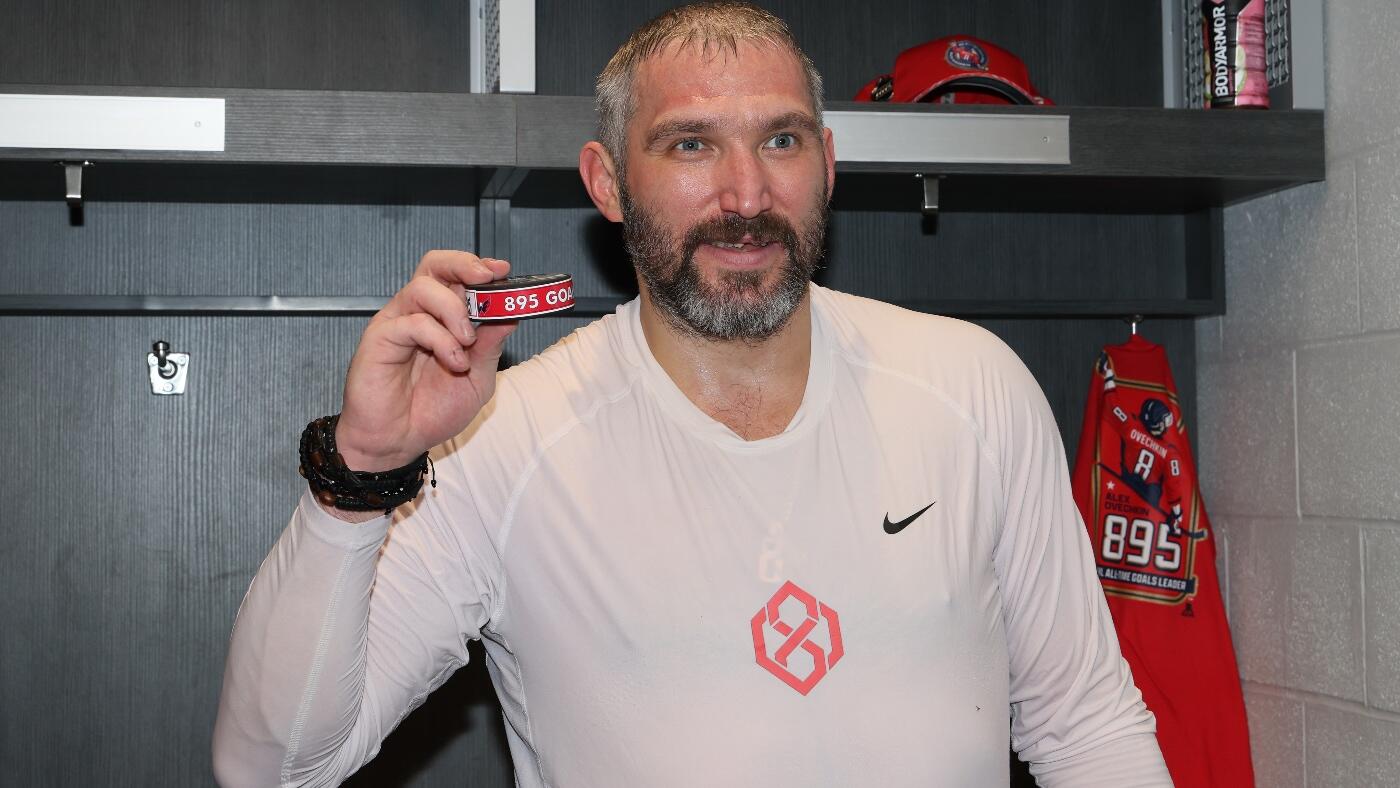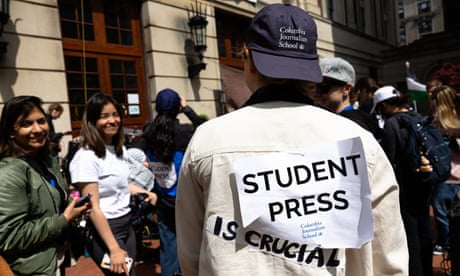The Submarine author employs that novel’s warmth and wit in his investigation into whether his great-grandfather knowingly helped to make chemical weapons for the Nazis
Joe Dunthorne tells us he originally envisaged this book as a story of his grandmother’s childhood escape from the Nazis; the reality turned out to be more complex. Narrated with the twists and turns of a detective story, Children of Radium is a family memoir that records the mazy path by which the prize-winning Welsh novelist discovered just how little he knew of his German Jewish heritage. His journey begins with “a foot-high block of A4”: a 2,000-page unpublished memoir by his great-grandfather, Siegfried, a Jewish scientist who worked at a secret chemical weapons laboratory near Berlin before he and his family left for Turkey – not the panicky flit Dunthorne imagined, but a relocation bankrolled by employers with plans for what he could yet do.
Hunches, tip-offs, false trails and dead ends abound in Dunthorne’s quest to determine how much Siegfried knew – and when – about his work’s murderous potential after he was reassigned in 1928 from toothpaste manufacture by his firm, a specialist in radioactive products. Siegfried’s memoir is circumspect, and the hunt for answers isn’t straightforward: not only was the site of Siegfried’s lab heavily bombed, but Dunthorne’s mum also chucked his papers into the recycling while clearing out her late mother’s flat.
An eye for that kind of comedy, honed in Dunthorne’s novels – the best known is Submarine (2008), filmed by Richard Ayoade – brightens a quixotic voyage into the heart of 20th-century darkness. The trail leads through libraries, museums and medical records, but also less obviously writer-friendly locales: in Germany, he wriggles belly-first into a fenced-off radioactive site in a clandestine hunt for soil to test for gas traces; and in Turkey, Dunthorne blags his way through military checkpoints in the company of a formerly jailed member of the Kurdistan Workers’ party, having learned that one of the letters he has from Siegfried might hold evidence of culpability for a massacre in an eastern mountain town prior to the second world war.















